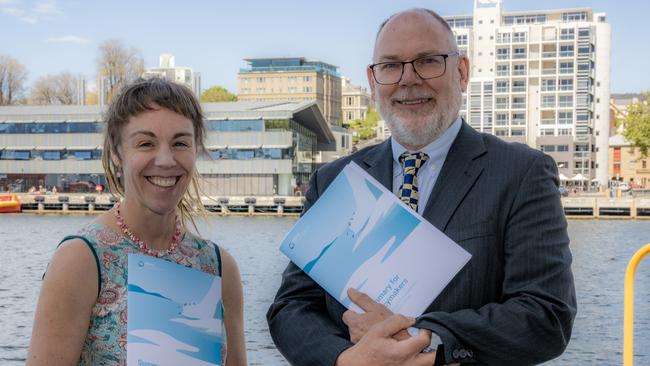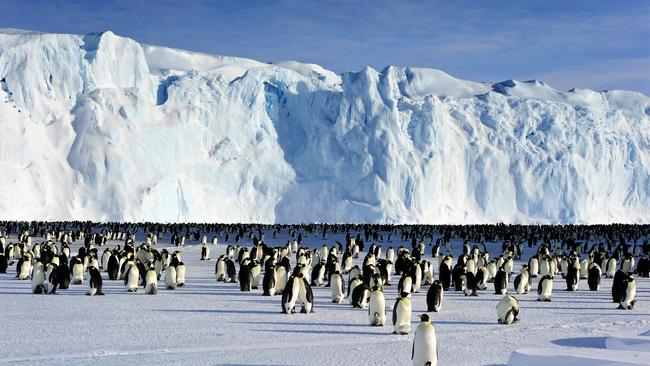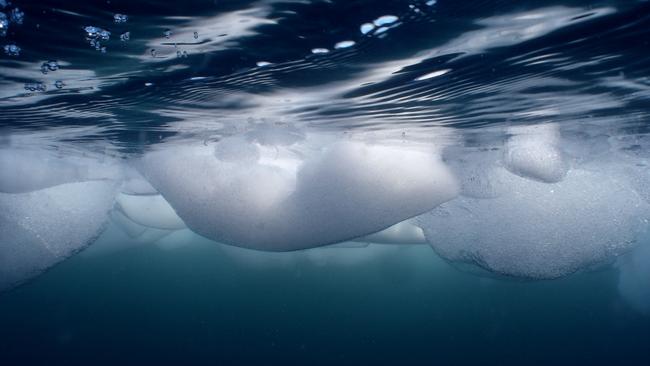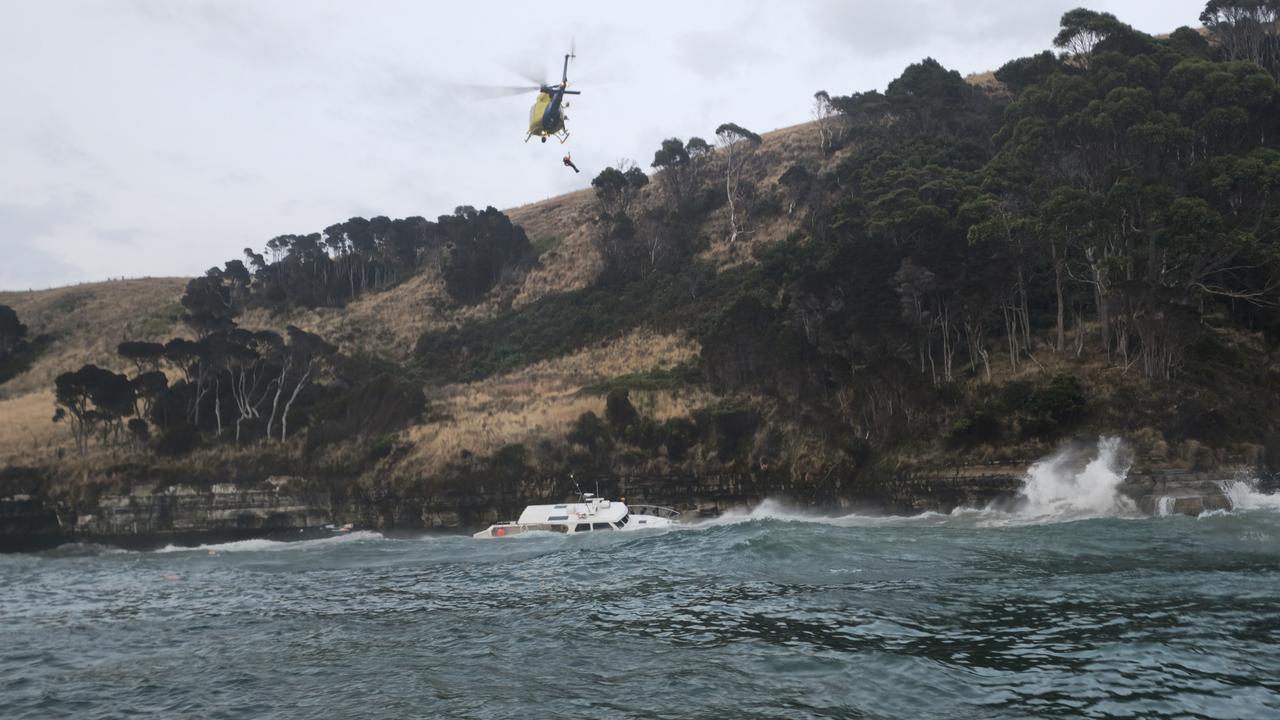Report reveals global policymakers must address climate change effects to save Southern Ocean
More than 200 scientists from across the globe, including Tasmania, have shared what they say is “the only way” to save the Southern Ocean. What they say the key risk is.

Tasmania
Don't miss out on the headlines from Tasmania. Followed categories will be added to My News.
The escalating effects of climate change and the corrosive grip of ocean acidification in the Southern Ocean has prompted scientists to produce a report for policymakers to take urgent action.
It comes as over 200 scientists from 19 countries released the first comprehensive report of trends in the Southern Ocean ecosystems.
“Southern Ocean ecosystems are changing now and there are likely to be quite some significant changes in the near future,” University of Tasmania Co-convenor Dr Andrew Constable said.
“This is the decade when action needs to be taken and we’ve been able to highlight in our report that indeed the only way we can secure long term resilience of polar species is by taking action at a global level to curb climate change and ocean acidification.”
The Marine Ecosystem Assessment for the Southern Ocean (MEASO) report found climate change has affected species and changed ecosystems in the Southern Ocean and coastal Antarctica.

“One of the main factors that’s driving change is now the reducing extent of sea ice; and we’ve heard about the issues associated with Emperor penguins and the chicks falling into the water as the sea ice melts,” Dr Constable said.
“There are other ramifications too, because sea ice is a harbour for krill and small fish. It’s a place where not only emperor penguins breed, but other species breed and use it as a resting place.”
CSIRO researcher, knowledge broker and MEASO co-convenor, Dr Jess Melbourne-Thomas, said it was imperative for policymakers around the world to intervene after dramatic changes seen in recent years.
“The unique wildlife of the Southern Ocean is feeling the heat and, together with additional pressures from fisheries, tourism, and pollution, faces an uncertain future,” she said.
“As well as its fundamental importance to biodiversity, the Southern Ocean is crucial to human welfare by providing us with food and helping to control our climate,”

The report outlines 40 key findings for policymakers including long-term management of Southern Ocean ecosystems, measuring and monitoring the health of the ocean, projecting change through modelling, understanding the importance of ecosystems and how it is changing with climate change, and the biological changes and vulnerabilities.
“Managers and policymakers need to look at ways to maintain the resilience of the system in order that as the system goes into the future and is under stress, how can we best maintain what is there particularly for polar adapted species?,” Dr Constable said.
“What they can do together is determine where in the Southern Ocean needs protection to provide for the resilience of the ecosystem and then how to deliver that protection, whether that be through marine protected areas or controls on fisheries or other mechanisms.”




